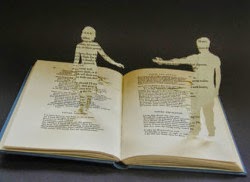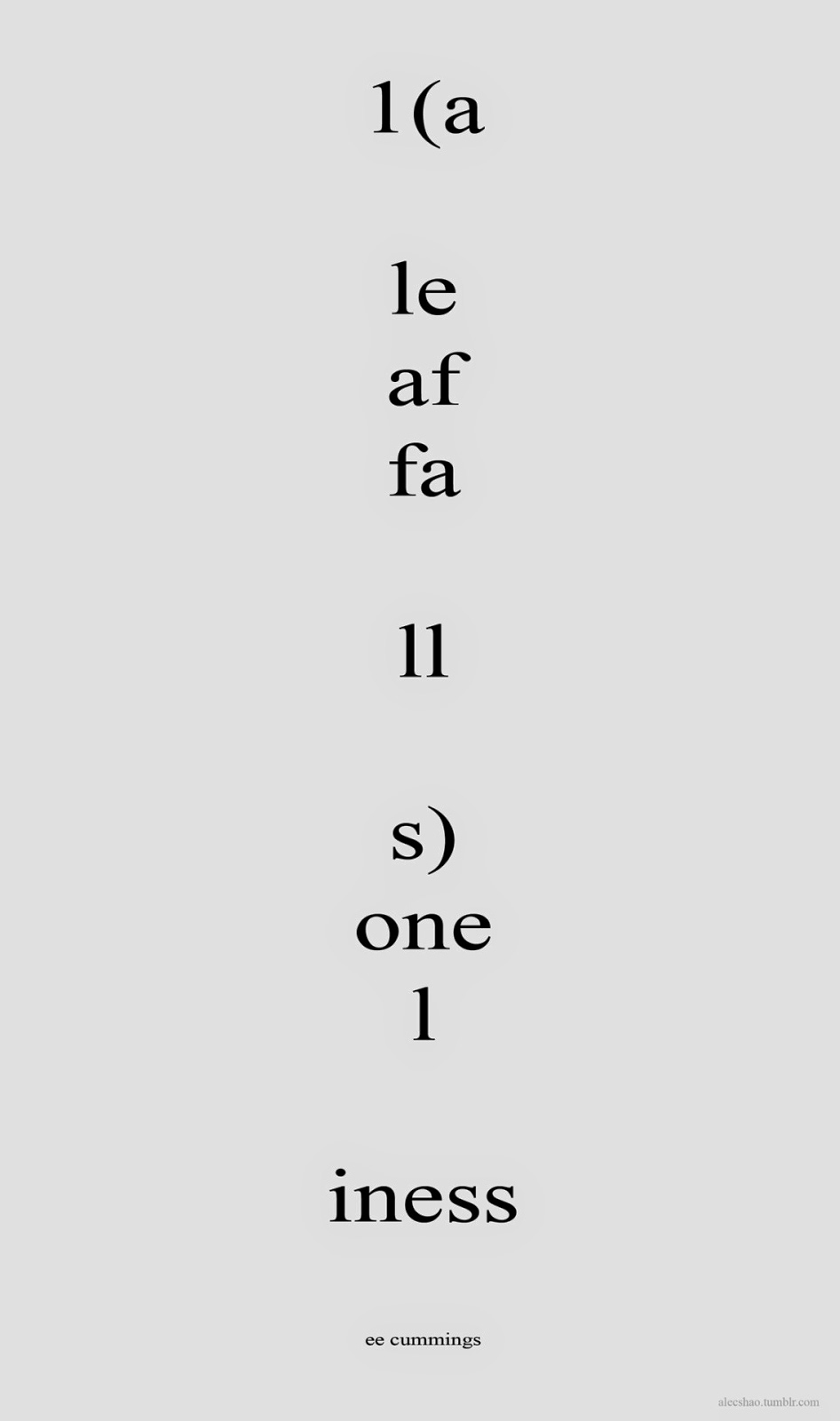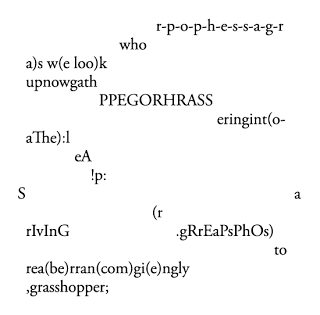eXistenZ. Immersion.
I hardly have words for this rather strange film.
The movie is about an Alternate Reality game that is (spoiler alert) found within an Alternate Reality game. It even leaves you with a twist at the end where the viewer is unsure whether the seeming reality was actually another layer of a game. It was confusing to say the least, and definitely a movie that needs to be watched more than once to really understand everything that is happening through out.
This movie raises a question. Do Alternate Reality games count as a piece of Digital art?
The games are created through computers and in the end the games will tell a story. It won't be a text based story, but a story none the less. Giving the gamer the sense of living an alternate life through immersion. I certainly believe that games as a whole entity count as a unit of Digital Humanities.
When I imagine someone immersing themselves in a game I see a body wrapped in a strange light or submersed in some liquid. I looked up the definition of the word itself just to get a better idea of the word. Immersion: the act of putting someone or something completely in a liquid or the state of being completely in a liquid
Other parts of the definition mention that the act of immersion could be having complete interest in one thing and not paying attention to anything surrounding you. I find this to be very interesting. Before I looked up the definition for the word or before I found this nifty image, I allowed myself to create my own perception of the word and the act. I saw bodies in water, mindless and completely involved in something else. They were unaware of their current state, but living through their minds. Being under water you lose the sense of sight, taste, smell, and you lose the ability to hear. That muffled, blind state seems to really emulate the act of immersion. Even the act through a game. I think of the Matrix or even eXistenZ, where they put wires on or game controls leaving their bodies alone and lifeless.
 My mind is buzzing thinking about these games. If we can create Alternate Reality games and make our way through stories with new identities, then why can't we live through our favorite novels? I want to slip a helet on, or connect some wires to my body and experience the world of Harry Potter, or The Great Gatsby. I could even see myself leaping into Pride & Prejudice. Think of the possibilities?! Of course reading would never be the same if you could live out the story instead of reading it. But that would be so fascinating. Life would never be the same if we could simply live out our favorite novels. This needs to happen relatively soon. Im crossing my fingers that it will be possible within the next year or two.
My mind is buzzing thinking about these games. If we can create Alternate Reality games and make our way through stories with new identities, then why can't we live through our favorite novels? I want to slip a helet on, or connect some wires to my body and experience the world of Harry Potter, or The Great Gatsby. I could even see myself leaping into Pride & Prejudice. Think of the possibilities?! Of course reading would never be the same if you could live out the story instead of reading it. But that would be so fascinating. Life would never be the same if we could simply live out our favorite novels. This needs to happen relatively soon. Im crossing my fingers that it will be possible within the next year or two.
(simply dreaming.)













